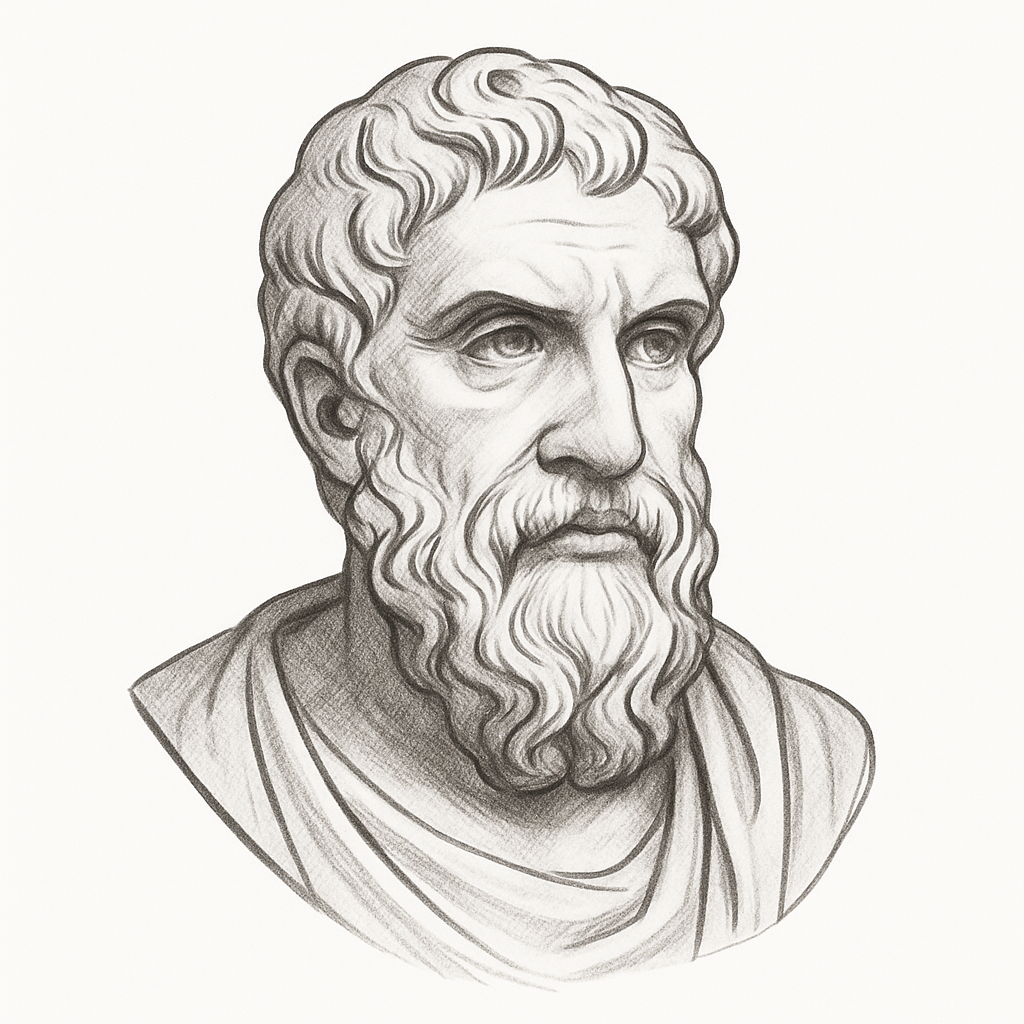How to Build Resilience: Stoic Lessons for Inner Strength
Building resilience and mental toughness, and utilizing adversity as a training ground, are central tenets within Stoic philosophy, grounded fundamentally in the principle of discerning what is within one's control from what is not. This philosophical framework emphasizes an internal locus of control, focusing on one's judgments, attitudes, and actions, rather than on external circumstances.
To build resilience, a core Stoic practice involves mentally preparing for potential misfortunes (Seneca, Moral Letters to Lucilius, Chapter 113). This anticipation of loss and acceptance of life's unpredictable nature strengthens the mind against future shocks (Seneca, Moral Letters to Lucilius, Chapter 98). This proactive mental exercise helps one accept that fortune is unpredictable and can affect anyone (Seneca, Moral Letters to Lucilius, Chapter 4). Resilience is also cultivated by enduring small, everyday annoyances without inner complaint, which serves as preparation for larger adversities (Epictetus, The Discourses, Book 1, Chapter 18). Furthermore, strengthening the mind against adversity can be achieved by daily contemplation of a powerful idea (Seneca, Moral Letters to Lucilius, Chapter 2). The Stoic perspective prioritizes training the mind over the body, asserting that mental resilience is more valuable and accessible than physical prowess (Seneca, Moral Letters to Lucilius, Chapter 80). Consistently practicing confrontation with fears is another method to harden the soul against them (Seneca, Moral Letters to Lucilius, Chapter 82), alongside cultivating a deep, resilient contentment rather than a superficial cheerfulness, which inherently fortifies one against life's challenges (Seneca, Moral Letters to Lucilius, Chapter 23).
Adversity, within the Stoic framework, is not merely something to be endured, but is actively framed as a training ground for character and virtue. Every challenging circumstance and difficult person can be viewed as a valuable opportunity to practice and strengthen one's character (Epictetus, The Discourses, Book 3, Chapter 20). Challenges are not misfortunes, but rather training opportunities designed to build strength and virtue (Epictetus, The Discourses, Book 1, Chapter 24). This perspective shift is crucial for transforming external events, which are outside one's control, into internal exercises, which are entirely within one's control. True self-confidence is built by facing difficulties directly, recognizing that strength of character is forged through adversity (Seneca, Moral Letters to Lucilius, Chapter 13). Instead of wishing for challenges to disappear, one is encouraged to use existing inner resources, such as endurance and reason, to face them (Epictetus, The Discourses, Book 2, Chapter 16). This proactive engagement includes actively pursuing difficult virtues while consciously restraining from easy vices (Seneca, Moral Letters to Lucilius, Chapter 123). The emphasis is on the practical application of philosophy to build resilience, rather than purely theoretical exercises (Epictetus, The Discourses, Book 3, Chapter 26). While training the mind to endure hardship is valuable, it is also acknowledged that avoiding unnecessary disturbances can be a practical approach (Seneca, Moral Letters to Lucilius, Chapter 56), indicating a wise discernment of which challenges are beneficial for growth and which are simply distractions.
Becoming mentally tough, therefore, is an outcome of consistently applying these principles. It is not about avoiding hardship, but about developing an internal fortress that remains undisturbed by external events, recognizing that while external events are outside one's control, the response to them is entirely within it. Through mental preparation, consistent practice of endurance, and the deliberate reframing of challenges as opportunities for growth, an individual cultivates a robust inner state capable of navigating life's inevitable difficulties with equanimity and strength.
Disclaimer: Article generated using Memento Vivere AI tool, and is grounded solely in the works of Epictetus, Seneca and Marcus Aurelius. For informational purposes only. Not a substitute for professional advice.
